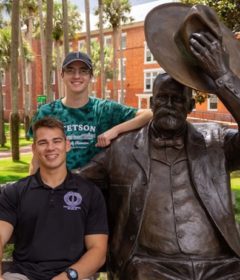Women’s History Month: Time to Explore, Reflect and Move Forward
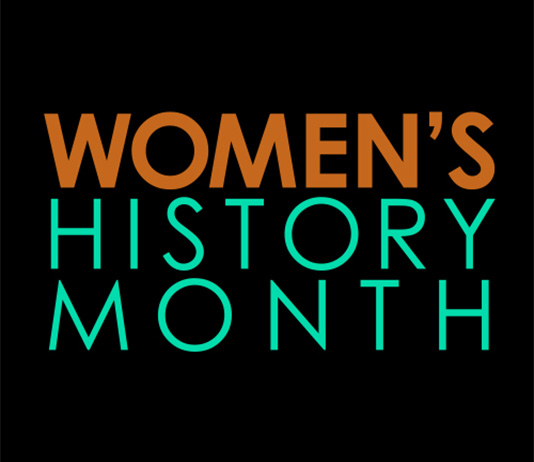
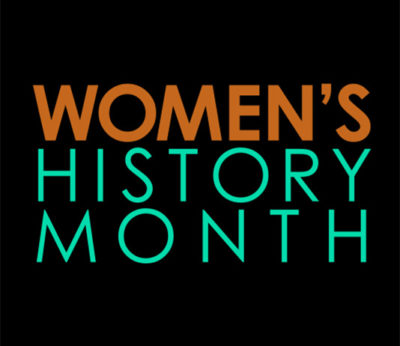
As Stetson commemorates Women’s History Month, Associate Professor Emily Mieras, PhD, recounts how learning about U. S. women’s history has opened her students’ eyes to the often-unknown but critical roles women have played in American society.
Women’s History Month, celebrated every March since its inception in 1995,”is still important because even now, in the 21st century, women’s histories still are often missing from mainstream accounts of American history,” says Mieras, who teaches History and American Studies.
Challenges of Women’s History
Studying women’s history provides a fresh take on history and opens new avenues of exploration, she believes.
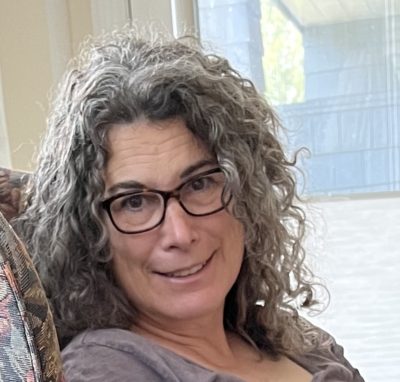
“When we’re thinking about the American Revolution, for instance, learning about women’s roles gives us a perspective on how regular people experienced the war — as opposed to political and military leaders or public activists,” Mieras says.
But one size doesn’t fit all. Women’s history looks different depending upon such factors as class, race, ethnicity, religion, age and geography.
“One of the challenges of women’s history is telling big stories while still making space for the significant differences between and within groups of women,” Mieras adds.
‘Historically Significant Gains’
For Danielle Lindner, PhD, associate professor of Psychology and director of Stetson’s Gender Studies Program, the commemoration is a time “for celebration and reflection.”
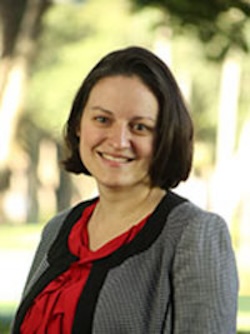
“It’s important to remember historically significant gains for women, like the passage of the 19th Amendment, and to celebrate more recent gains, like increasing opportunities for educational attainment and workforce participation,” notes Lindner.
However, in her view, more work remains to be done. “For instance, while women have more opportunities in educational settings and the workplace, many states do not have paid family and medical leave,” she cites. “And many women feel concerned about access to reproductive health care.”
According to Lindner, “Gender Studies coursework and co-curricular activities provide rich opportunities for students to explore these issues, drawing on expertise from faculty across a range of disciplines at the university.”
Stetson’s Gender Studies Program
Stetson’s Gender Studies Program, originally dubbed the Women and Gender Studies Program, had its beginnings in 1991 under the leadership of late English Professor Ann Morris, PhD.

“Dr. Morris, who died in 2015, was a role model for many, and the Gender Studies Program still maintains a writing contest in her name,” Mieras says. “Also, we have two major awards named after important Stetson women: the Etter McTeer Turner Award and the June Brooks Award for Community. Both those women also left their marks on Stetson.”
Additionally, Mary Sanders Pollock, PhD, a founding leader and past director of the Gender Studies Program who spent her career at Stetson University and retired as Professor of English, is being honored with a new award. (See the announcement below.)
Lindner describes the program as an interdisciplinary minor that hosts film screenings, panel discussions and other campus events throughout the year.
As the campus commemorates Women’s History Month, Mieras reflected on how women could honor the 2024 theme, “Women Who Advocate for Equity, Diversity and Inclusion.”
Advocacy, like women’s history itself, looks different for different women in different situations at different stages of life.
“I think all women can do this in all kinds of ways: serving as models in our own lives, becoming advocates for political or community causes, educating, and trying to live the values we espouse,” Mieras says.
Editor’s note: See a list of campus events for faculty and staff next week, as part of continuing coverage of Women’s History Month.
-Cheri Henderson
Newly Announced Faculty Award: Mary Sanders Pollock Gender Studies Endowed Research Award
Deadline: April 1
Award Amount: $2,000The Gender Studies Program is thrilled to announce a new award in honor of Mary Sanders Pollock, PhD, a founding leader and past Director of our program who spent her career at Stetson and retired as Professor of English. We are so honored to have received her generous donation in support of her colleagues, past, present and future, and in support of the wide net of interdisciplinary humanities inquiry that she pioneered in her academic work.
The Mary Sanders Pollock Gender Studies Endowed Research Award will be given annually to any Stetson faculty member, either full time or part time, whose outstanding scholarship draws substantially on humanities methodology. The scholarship should be current, should not have already been recognized with a Stetson award and can be published already.
The Gender Studies Committee will accept nominations until March 15. We will accept applications as a single PDF on or before April 1, with the following required elements:
- Submission details: Name of applicant; affiliation; contact information, and title of research to be considered
- 500-word interdisciplinary description of research, including its status and timeline.
- Research to be considered, whether published or in progress.
The award will be announced on or before May 5.
The purpose of the Fund is to provide an annual faculty award for published scholarship in the humanities (including literary studies, classical and modern languages/linguistics, theatre/film studies, philosophy, religious studies, history, art history, and music history/theory). Criteria for the award:
- Preference will be given to current research, although exceptions are possible for strong published work that has not been previously recognized with a Stetson award.
- The recipient must be employed by Stetson University when the award is made.
- Full time and part time faculty members from any college are eligible for this award, if the published work itself explores gender issues and is situated within the humanities, as defined above.
- Academic work, public scholarship, cross-over scholarship, and some hybrid works are eligible.
- Published materials may be in print or online.
-Melinda C. Hall, PhD, Interim Associate Dean, College of Arts and Sciences; Associate Professor, Philosophy Department; Leadership Team, Community Education Project


